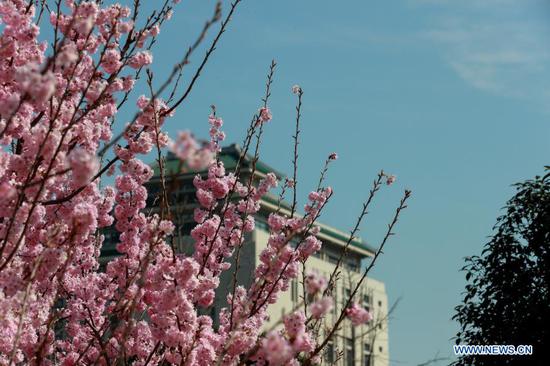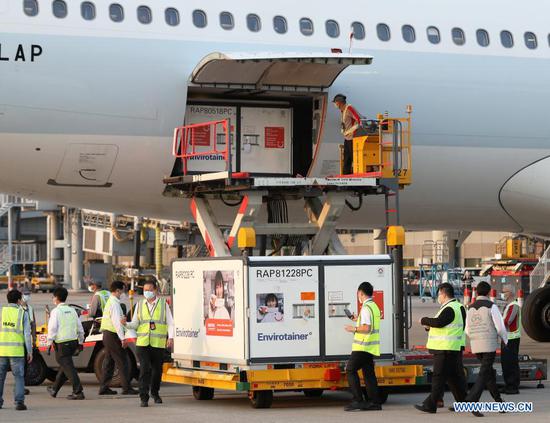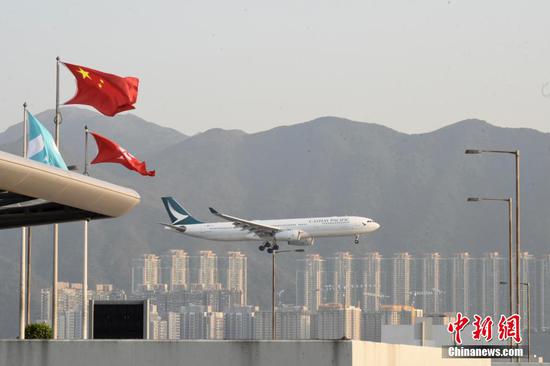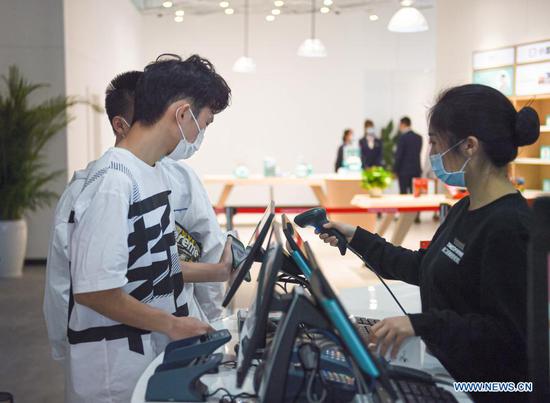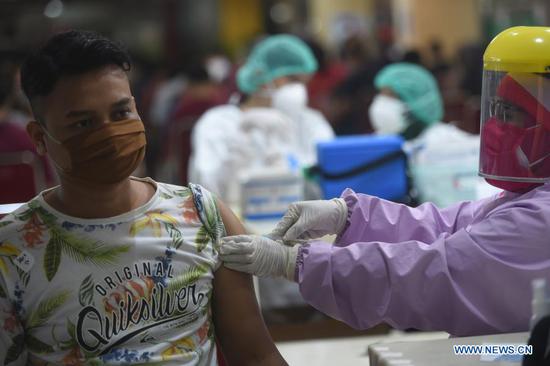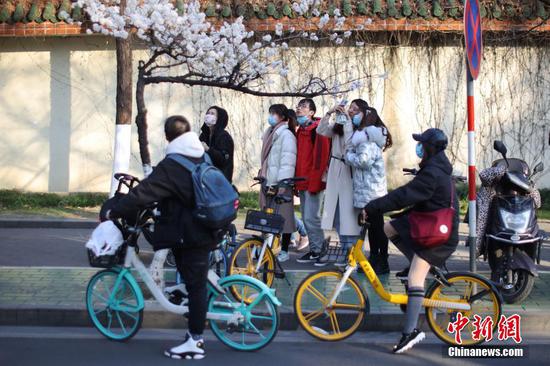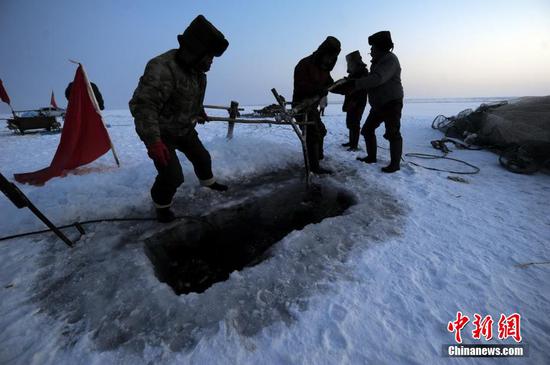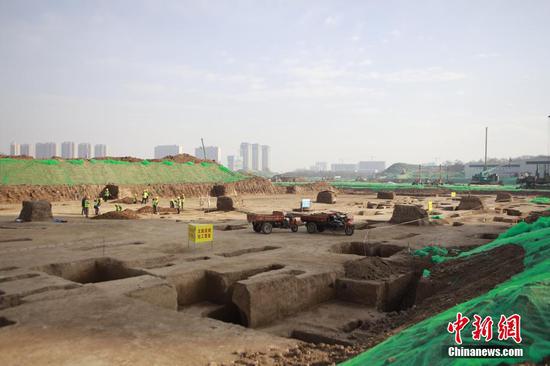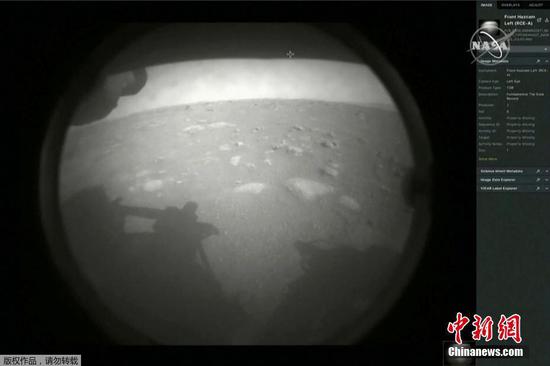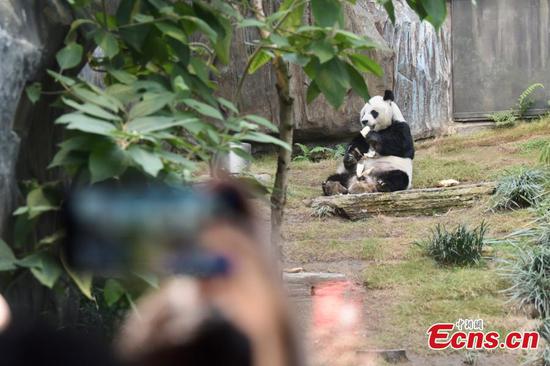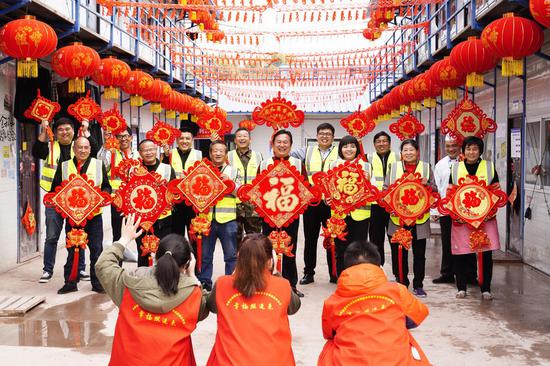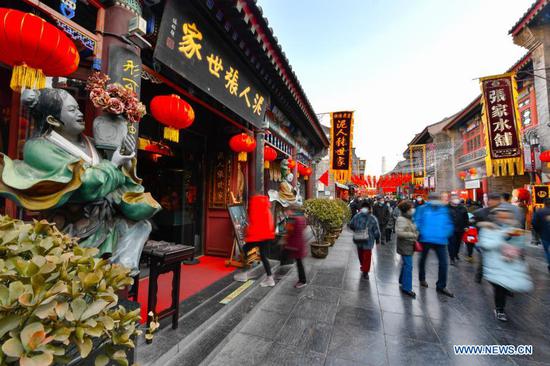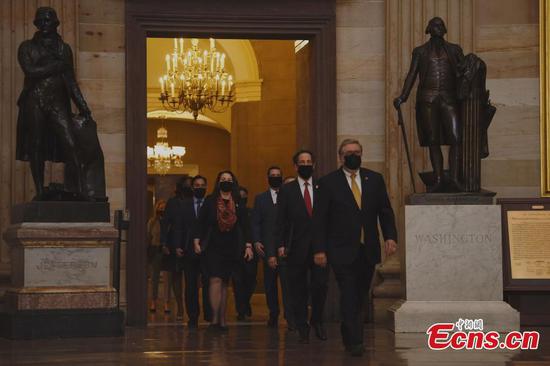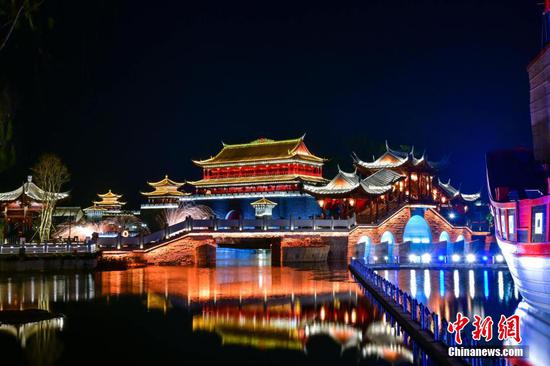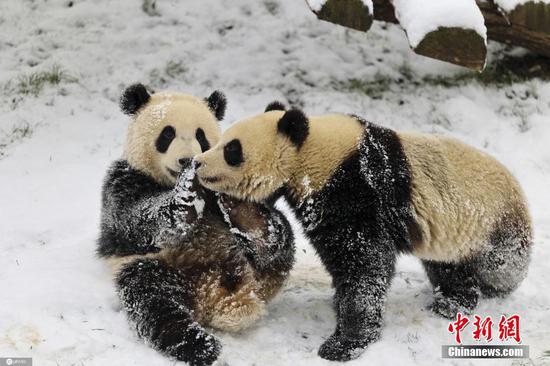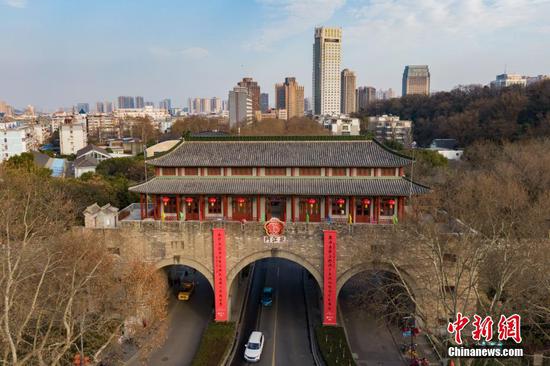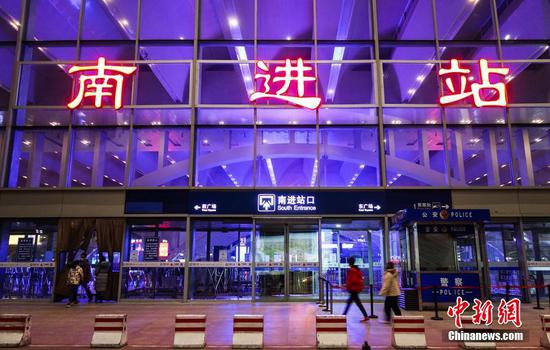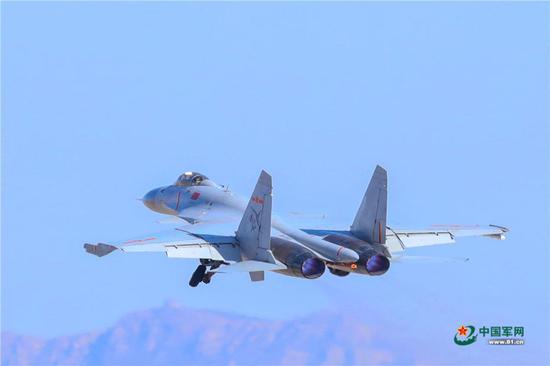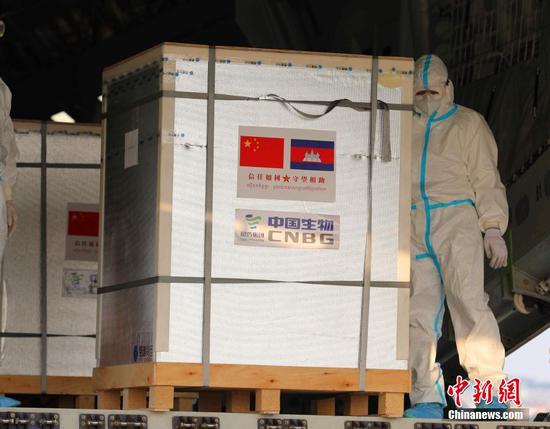Key conversations have taken place between Beijing and Washington since Joe Biden took office as U.S. president a month ago, and observers have voiced cautious optimism over relations. They said patience is needed to see if the U.S. will transform possibilities into reality to bring bilateral cooperation back on track.
Recent high-level exchanges, particularly the phone conversation between President Xi Jinping and Biden, have drawn global attention.
Media and diplomats said the stability of U.S.-China relations is vital to the international community amid rising calls for stronger global collaboration on issues such as the COVID-19 pandemic.
During their phone talk on Feb 11, Xi told Biden that the China-U.S. relationship is at a key juncture, new possibilities are expected for its improvement and the two countries should make joint efforts in the same direction on a range of bilateral and global issues.
Biden said the U.S. and China must avoid conflict and they may work together on climate change and many other issues.
The phone conversation, their first talk since Biden was inaugurated, took place on the eve of Chinese Lunar New Year and experts believed that it established a foundation for future engagement.
Also this month, Yang Jiechi, a member of the Political Bureau of the Communist Party of China Central Committee and director of the Office of the Foreign Affairs Commission of the CPC Central Committee, outlined detailed possibilities for the two countries to work together in an online dialogue with the National Committee on United States-China Relations.
On Feb 6, Yang spoke by telephone with U.S. Secretary of State Antony Blinken and said both sides should respect each other's core interests.
Chinese Ambassador to the U.S. Cui Tiankai said in a recent interview with CNN that if both countries make the right choice and put relations back on a stable and constructive track, "there's great potential and opportunity" for them to work together for mutual benefit and for the common benefit of the world.
Xu Yicong, a researcher at the China Foundation for International Studies and a former ambassador to Cuba, said that although the new U.S. leader has released some positive signals, Washington's future moves should be closely examined to see if there is any tangible, positive follow-up from the Biden administration.
Beijing has maintained a cool head in handling international affairs, including its relations with Washington, Xu added.
China-U.S. ties will witness changes that are unlike those seen with the previous U.S. administration or those from more than 40 years ago, and "such changes surely will bring enormous benefits to both countries and to the world if they are tapped into in a proper way", Xu said.
Currently, thorny issues at the top of the China-U.S. bilateral agenda include trade, tariffs and fallout from trade conflicts that flared during the previous U.S. administration.
U.S. Treasury Secretary Janet Yellen said on Thursday that Washington will "evaluate going forward what we think is appropriate", while keeping the levied tariffs in place.
The U.S. is expected to "heed the call of the business community and visionary people at home and abroad, correct its wrong approach" and work with China to enhance dialogue and communication for the sound, stable development of bilateral relations, Foreign Ministry spokeswoman Hua Chunying said on Friday.
Yuan Zheng, deputy director of the Chinese Academy of Social Sciences' Institute of American Studies, said the interactions between Beijing and Washington in past decades "show that pressuring and coercing China has been futile in many ways".
Mutual respect of each other's core interests-such as the Taiwan question and the affairs of Hong Kong, Tibet and Xinjiang-is key at this moment to avoiding major conflicts, Yuan said.
"We need patience now to see if the U.S. will have any further positive response" given the generally negative atmosphere and attitude toward China in the U.S., Yuan said.
Zhu Guangyao, former vice-minister of finance, said at a forum last month that the two countries should also restart communication in various fields and gradually return to normal communications.
Wang Fan, vice-president of China Foreign Affairs University, said forging a pattern of getting along based on peaceful coexistence and win-win collaboration "is a common task for the two largest economies in the world, which also lives up to the world's expectation".
Fighting the COVID-19 pandemic and responding to climate change are, respectively, the short-term and long-term challenges for the global community, Wang said.









